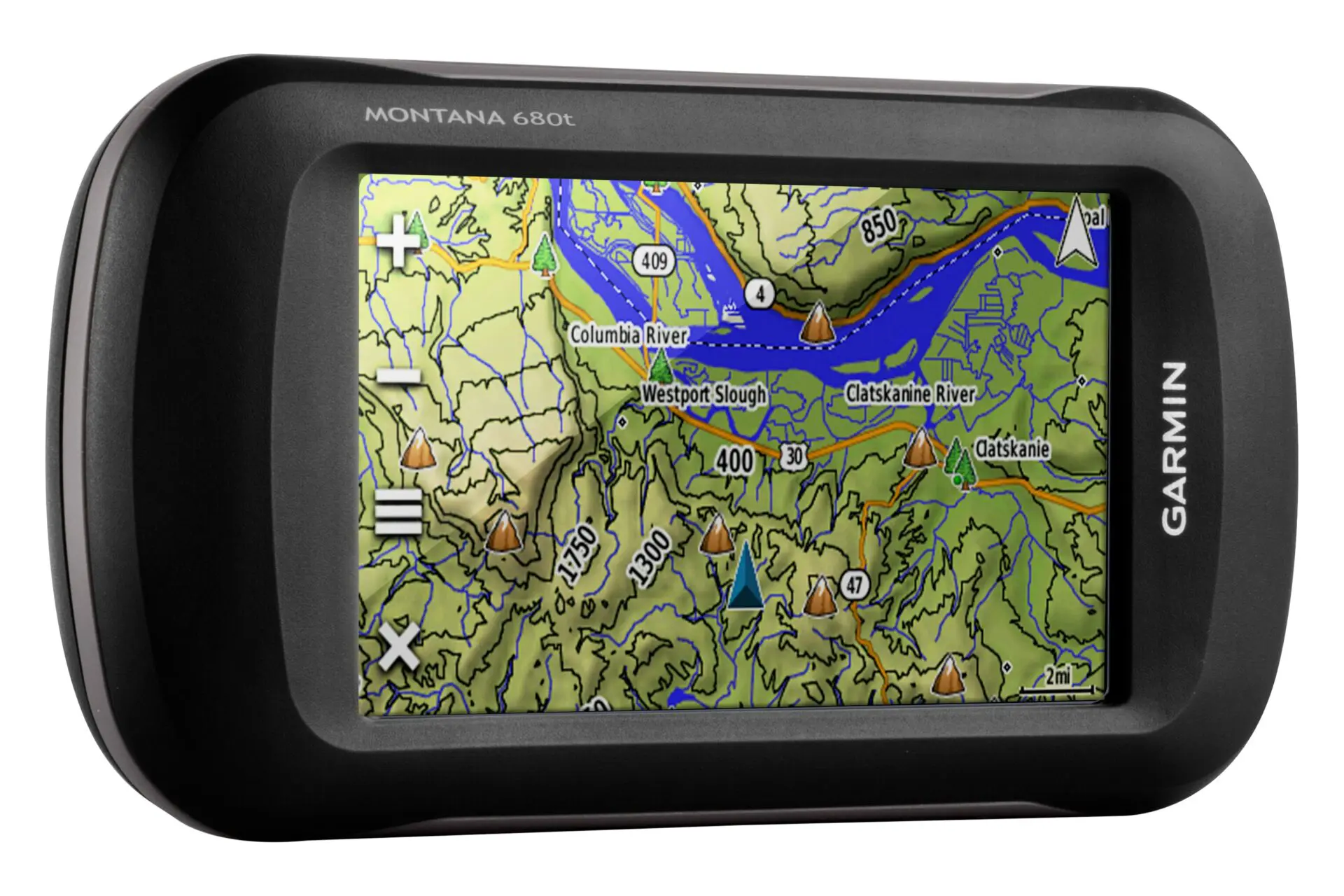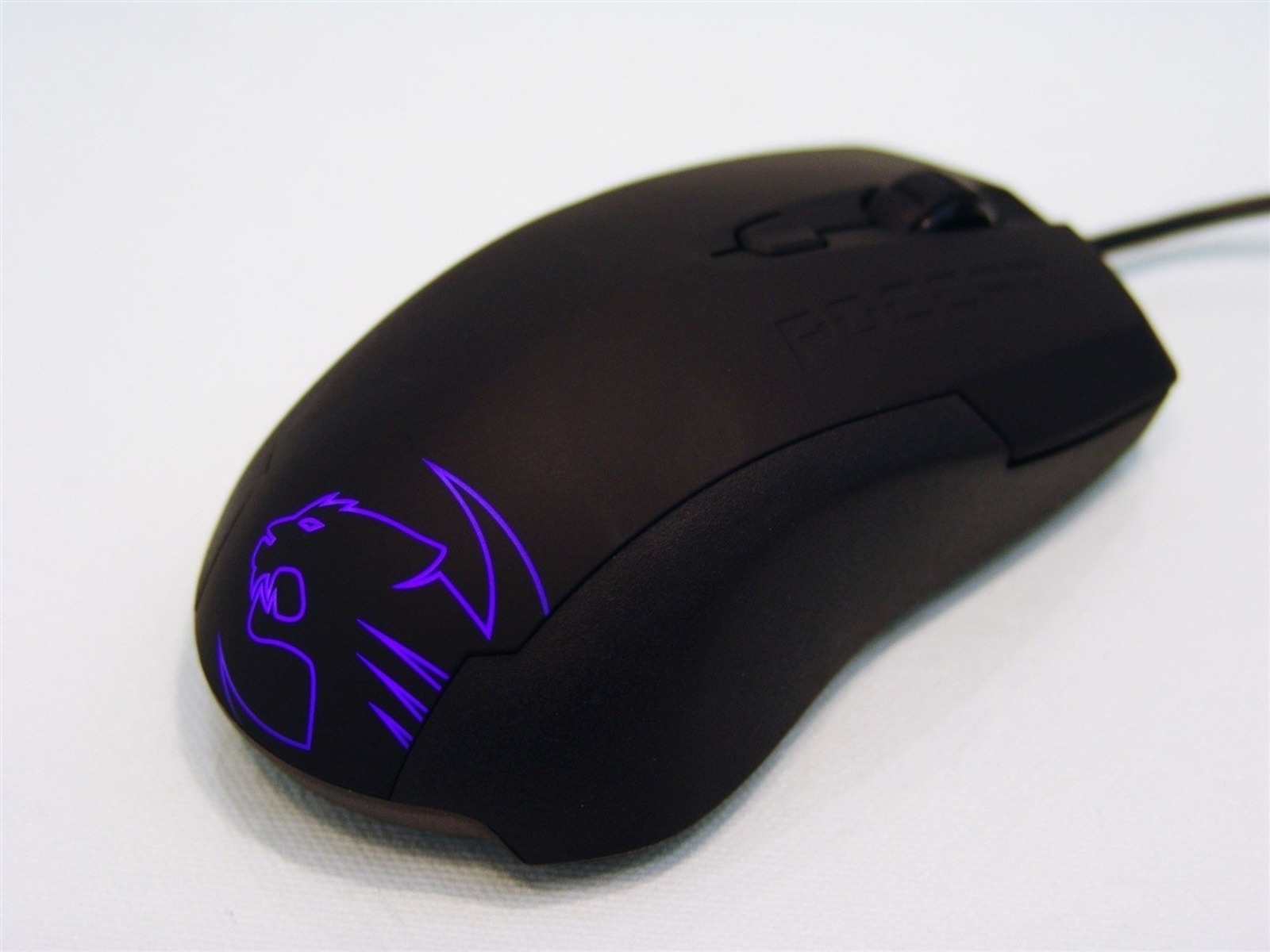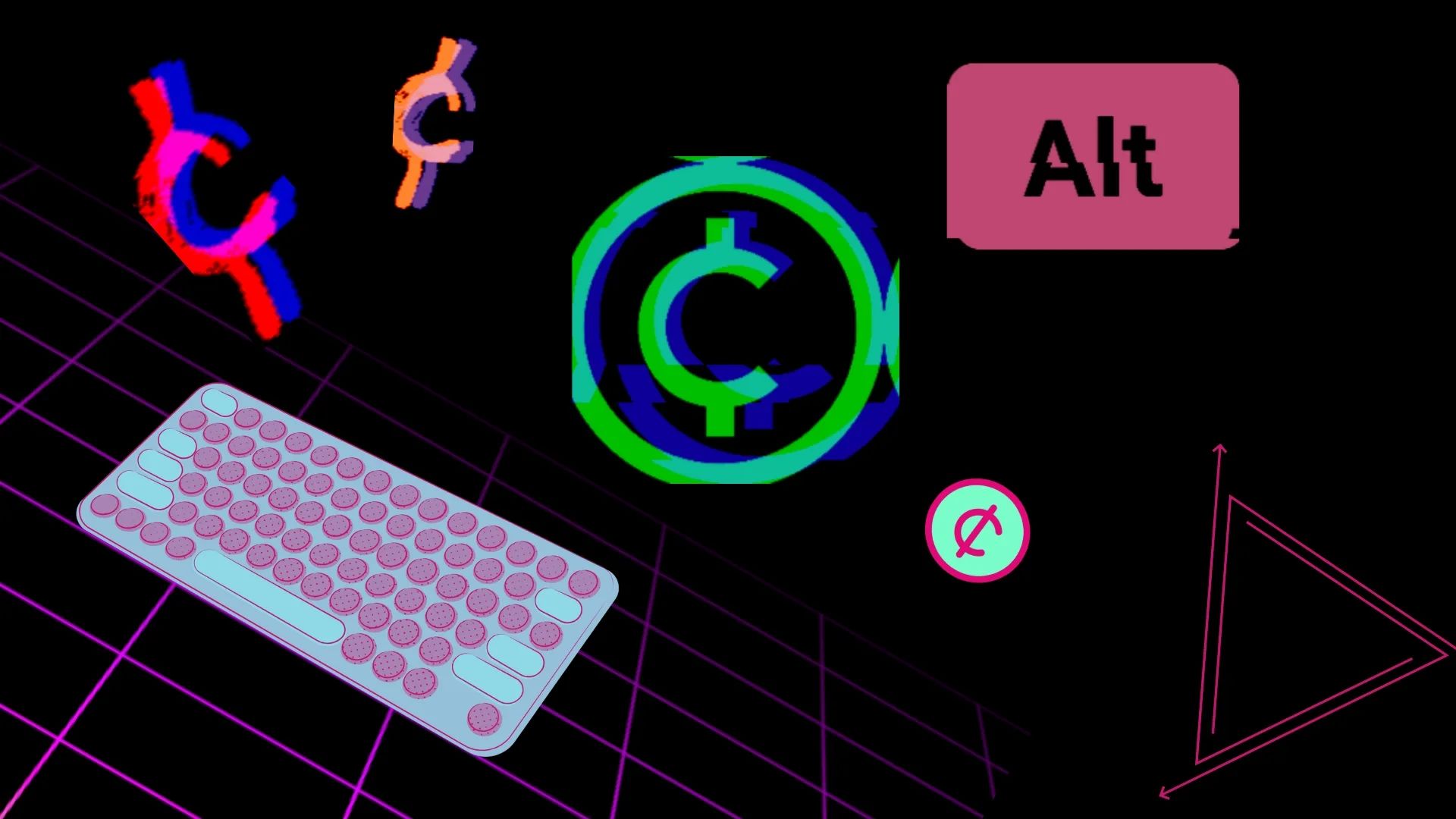The best mind mapping software will help you develop your ideas and turn them into stunning diagrams. These online mapping tools will help you flesh out your ideas and present them in a relatable way, with the help of time-tested templates that fit into every particular use case. These tools will also allow you to integrate your work with external systems and data. It will also provide a space where you can collaborate with your team.
In this article, we’ll list down some of the best mind mapping software out there and why these programs may be the best tools for brain work.


What are Mind Maps?
A mind map is a visual representation of a series of interconnected concepts or ideas. Coined by Tony Buzan, it is simply a visual means to share information and concepts. He believes that mind maps are an effective learning tool for reasons that are supported by scientific facts.
A mind usually begins with a central concept or idea placed at the center of the blank page. Concepts related to the main idea are added, and the process is repeated until the ideas “branch out.” This branching out of information relates to Buzan’s original concept of a mind map. His original concept of a mind map is a diagram constructed in a “colorful, tree-like fashion.”
Mind maps were originally hand-drawn on paper. While this works just fine, you are often limited to space within the page, and you couldn’t manipulate the entries since they are set on paper. Thankfully digital mind mapping solutions came along, and they changed everything. These digital solutions are far more flexible as they are not limited to the confines of a single page.
10 Best Mind Mapping Software Today


There is currently a wide selection of mind mapping software in the market. There are those that are designed for simpler tasks like brainstorming, but there are programs designed for more complicated, collaborative tasks. If you find the list of options confusing, not to worry. We’ve come up with a list of some of the best mind mapping software that we know of.
1. Mindomo


Mindomo is a mind-mapping software and idea management software. The software is available on two separate platforms-desktop and cloud. The desktop platform runs on Adobe Air, while the cloud platform is available online. Having an account set up would mean that you could access both the desktop and cloud-based platforms. But if you need to create a lot of diagrams, we highly recommend the cloud-based platform. The only thing you have to do is to log in through MindManager or Google Credentials.
In the beginning, the software will ask you to choose your preferred language. Once that’s done, you should be presented with a gallery of themes that you can choose from. After you’ve added your first icon or main idea, you can right-click on the icon to add a topic or sub-topic. You can also add notes, links, images, tasks, and so forth to your map.
A revision history mode lets you see all the changes made to the map, along with timestamps of when they were made. If you happen to be online with other people during this time, a chat feature will pop up. A bookmarks feature lets you store content that you plan to insert into your maps. A marker feature offers up a variety of map icons that you can add to your map.
Visit Mindomo Official Website
2. XMind


XMind is another mind-mapping software with an excellent set of mapping tools. You will first need to sign up for the platform online. After that, you will be able to access the software through both desktop and cloud-based channels. The cloud-based platform is used mostly for uploading and synchronizing maps across devices.
Most of the mapping tools are tucked away under the Insert button. Here you’ll find the tools to add topics, subtopics, floating topics, and more to your map. Aside from the basic buttons, you can also add Gantt charts or audio notes exported from other apps. Markers is another useful feature that lets you add icons to mark sections of significance (i.e., priorities, urgent tasks).
Another feature that sets XMind apart is its integration with third-party software. It’s integrated with Evernote, which should allow you to upload your maps directly. It’s also integrated with Biggerplate, which is an online repository of maps. This should give you access to free and for-sale maps, and you can also share your own maps to the community. XMind also offers developer options that are available on Github or Sourceforge.
3. Ideaflip


Ideaflip is another excellent mind mapping tool made for group brainstorming sessions. This platform essentially provides users with a digital space to collaborate. These digital spaces for collaboration are called idea boards. These idea boards were created for remote collaboration, in cases where members of the teams are not able to be physically present.
Ideaflip takes on a very laid-back and intuitive approach to its UI design. On your very first visit, a pop-up tutorial will show you how to use the software and its features. The Ideaflip logo to the top-left corner of the interface gives you access to the menu. This section is your go-to each time you need help, as it contains tutorials and a live help chat. There are also options to import or export idea boards.
The collaborative part happens when members stick digital post-it notes on the board. Members can create multiple post-its and then drag and drop them anywhere on the board. It’s also possible to duplicate the post-its through the Copy function. Members who have something to discuss can drop in on the meeting via voice call or video call. Ideaflip lacks analytical features, but it more than makes up for that.
Visit Ideaflip Official Website
4. SmartDraw


SmartDraw is another mind-mapping software dedicated to brainstorming and idea generation. This software offers more than 70 categories of diagram types to meet the mapping needs of a variety of industries. It also integrates seamlessly with other tools that you already use such as Microsoft Office, Jira, and Google Drive.
The software is available as Windows-based desktop software and a cloud-based platform. Both methods will get you access to a seven-day free trial, after which you will be prompted to upgrade. Once that’s done, you can already start creating diagrams and exploring the templates available. When it comes to the premium upgrades, you have two options: a single-user plan or a group plan. The group plan can accommodate at least five members in a shared account. Both plans are billed annually, which means you will have to pay the fee on the spot and in advance.
SmartDraw has a comprehensive collection of diagrams that are organized according to diagram type. You will find the different category folders on the left side of the main page, and they are organized in alphabetical order. SmartDraw also has an intelligent formatting engine that will help you build and edit diagrams automatically.
Visit SmartDraw Official Website
5. MindManager


MindManager is a feature-rich mind-mapping software. The software stands out primarily for its superb list of tools plus its ability to accept add-ons. With these templates, you can lay out, organize, and work with ideas for any particular discipline.
MindManager has a wide selection of visual formats. There are more generic templates which include organizational maps, flowcharts, and more. Other templates are more specific to project management and business. On the project management side are Gantt charts, flowcharts, matrix diagrams, while the business side have templates for development, risk management, training, and more. They even added a special brainstorming tool that should prove useful to you for brainstorming activities. These templates are customizable, meaning you can change their look and feel as you see fit.
Smart Rules is another interesting feature that lets you set triggers for your data. If a specific data point is true or false, it will trigger an effect on how your data is presented. It also takes note of those triggers so that you only have to set it up once. Besides that, the software also makes it possible to sync your data with other productivity platforms like Outlook and Slack.
MindManager is available on two platforms, one for Windows and one for Mac. Both platforms are available on a perpetual license, which means you will only need to pay once to own the software permanently.
Visit MindManager Official Website
6. ClickUp


ClickUp is a hybrid project management and mind-mapping software. ClickUp is a cloud-based solution, which means that it can only be accessed online. It’s available in two tiers: a free version, and a paid version.
ClickUp offers a wide selection of tools that are sectioned according to different use cases. The sections are calendar, timelines, Gantt charts, spreadsheets, and workload planning. There’s also a dedicated MindMap section which gives you a blank space to fill in with your ideas. The icons on MindMap are notably similar to the ones on Gantt, but there’s really nothing wrong with that.
The majority of the features we’ve mentioned are readily available with the free version. However, getting any of the two options for a premium subscription will get you so much more. For example, getting the premium option will allow you to integrate app functions with external software like Slack or Zapier. You will also get templates for your MindMap and timeline views. On the other hand, the Enterprise plan will let you enjoy everything that is being offered under the premium plan plus so much more.
Visit ClickUp Official Website
7. Ayoa


Ayoa is another feature-rich mind-mapping software that caters to a large audience. It offers a wide selection of tools to help you create visual diagrams that reflect your message. The software will help you manage your projects and plan for workflows using a variety of helpful tools.
The software has an extensive collection of visual templates to cover any project. Their collection includes templates for mind maps, radial maps, whiteboards, and flowcharts. They also offer different designs for Gantt charts for project timelines. You will also find Kanban-style workflow diagrams to help you keep track of multiple processes.
Ayoa is also a collaborative software, and that is one of its major selling points. It provides a digital space where teams can share ideas remotely and lets you invite collaborators to your online space. Participants can add their initial ideas onto an idea bank and drag them later to the board. It also features a task assignment tool that allows members to add tasks to the different branches of a mind map for later distribution.
The software also features a chat and instant messaging feature for real-time communication. It’s also possible to link up the visual board to a calendar or planner for when the team needs to set deadlines. Team View provides a quick rundown of team member status and allows team leaders to keep track of work distribution and progress.
8. iMindQ


iMindQ is another multi-platform mind-mapping software. The software is mainly available on Windows, Mac, and Online. However, it’s also available for iOS and Android devices. Both the Mac and Windows versions integrate with software that is native to their respective OS such as iCalendar for the Mac version and MS Word for the Windows version. The online version is completely free, but it will ask you to link up with your cloud account.
Nothing really stands out with the installation process, except maybe the fact that Windows users will have to install SharePoint. The main menu contains four feature options: Share, Present, Create, and Stylize. The software offers a variety of visual templates for creating mindmaps, concept maps, flow charts, diagrams, and more. It also features task-specific templates such as business plans, lecture diagrams, and more.
If you have slides that you want to use as a basis for your mind map, you can import and then copy the elements you need. There’s also a built-in search module that lets you search for images online to add to your mindmaps. You can export the final version of your map into a selection of different file formats.
9. MindMeister


MindMeister is another mind-mapping software that is exclusively available online. The software is a one-stop shop for different mind mapping needs. You can use it to plan projects, brainstorm, distribute workloads, or simply take notes.
You’ll have two options when it’s time to create a mindmap. You can either start from scratch or select a template that fits into your objective. The map template library offers plenty of visual templates for different use cases. You’ll find templates for brainstorming, taking notes, or creating a business plan. A dedicated toolbar will be available from which you can pick and choose your elements. The software is also privy to the drag-and-drop method, which should make it easy to move elements about. You can invite your colleagues and teammates to comment or edit the file with you. There’s also a history mode to help you keep track of the changes made to the document.
MindMeister is available on Android and iOS devices as well. While this is great for on-the-go viewing, it may be difficult to draft and edit your mindmaps on these platforms. Most smartphone screens are just too small to conduct detailed editing. In this case, we highly recommend that you stick to the desktop version.
Visit MindMeister Official Website
10. Lucidchart


Lucidchart is a highly popular mind-mapping software that will help you create simple and complex mind maps and diagrams. The software has a free version and several premium plans. It works with any computer or web browser, and it also has an offline mode.
Most people start off with the free version, which comes with 25 MB of free storage plus 100 templates to choose from. We recommend an upgrade if you’re not satisfied with meager storage and options. You will have three options: individual, team, and enterprise. The individual plan will allow you to create an unlimited number of diagrams and charts. You will also get 1 GB of storage plus a whole bunch of additional templates for your boards. On the other hand, you can go for the team plan, which contains everything from the individual plan. This will also offer up tools for collaboration and app integration.
Starting a new diagram or mindmap with LucidChart is a breeze. You can choose to either use a template or start from scratch. Lucidchart has an extensive collection of templates, so you should be able to find a template for any use case. The collection includes templates like organizational charts, family trees, and more. You can import data from external sources like Amazon Web Service (AWS) Architecture. You can also share your work with others using collaboration tools. Turning your finished presentation into a presentation or export it into a different file format is also possible.
Visit LucidChart Official Website
Mind Mapping Software vs Physical Mind Mapping


A mind mapping software is a digital program that provides tools to help you map out your ideas for any particular purpose. Mind mapping software is very useful in communicating ideas in a visual format. These solutions are often a combination of creative software and project management software. They make use of a variety of IT solutions to enhance the mind mapping process and its different use cases.
The key feature to any mind mapping software is its mapping tools. These tools will allow you to sketch any type of mind map that you envision from scratch. A good mind mapping solution also offers real-time collaboration that allows you to share mind maps with other people. Another big advantage relates to integration with third-party software. A good mind mapping software automatically reflects the changes that you make to connected documents (i.e., MS Word or Google Docs). Select mind mapping software can embed audio and video files straight into the maps. There are other very practical features to look out for. These include file import and export, file revision tracking, and file syncing.
There are a variety of use cases for mind mapping software. They are useful for generic tasks like brainstorming and diagramming. Most organizations take on this task on a daily basis and for any purpose under the sun. On the other hand, there are more specific uses for the software. Examples include web development, engineering, or business intelligence. The demand, in this case, comes from professions that would greatly benefit from using mind mapping tools.
Why Use Mind Mapping Software?


More Features Compared to Note-Taking Apps
Many types of software contain mind-mapping features. However, most of them incorporate these features as add-ons rather than their central focus, limiting their mind-mapping capabilities. They also often lack the templates that most people need to create mind maps. On the other hand, you have mapping software that are created for that specific purpose. These contain a wide selection of tools for creating mind maps from scratch, and they also offer themes that cover a wide selection of potential use cases.
Beneficial to Visual Learners
Another reason relates to the learning advantage that mind maps offer. As humans, we are predisposed to interpret visual information quickly and efficiently. Mind maps are often a mix-and-match of keywords, colors, shapes, numbers, and illustrations. The presence of multiple elements on a mind map stimulates multiple faculties of the brain which allows it to remember and understand better.
Mind maps are also effective teaching tools. Once again, we are pointed in the direction of neurological research. Multiple studies in the past have concluded that children learn faster and more permanently with visual input. Other studies have also established a link between visual aids and cognition in general. These studies prove that the benefits associated with visual learning and mind-mapping are very real and well-grounded in scientific fact.
Perfect for Brainstorming
Mind maps are also a great way to consolidate ideas during brainstorming sessions. Everyone can see the concepts laid out clearly and logically, and everyone can contribute to what is being discussed. The use of software for mind-mapping also factors in due to convenience. With mind mapping software, you can add in, remove, or reorganize ideas as they come.
Mind Mapping Software and Intellectual Property


Naturally, some of the ideas that you will generate through these brainstorming sessions may have value to the company. In that case, they must be treated as intellectual property that must be protected. Keep the results of your brainstorming sessions safe by locking them away in an encrypted cloud or an external hard drive. It’s also a good idea to backup your files regularly to prevent any data loss in case your computer crashes due to malware infection or other causes. Learning about the importance of backing up your software should be able to help protect your data.
We also need to point out that mind mapping software may be at risk for intellectual property theft at the corporate or personal level. Most mind mapping software are able to integrate with external software, allowing external data to be stored in them for brainstorming purposes. Most mind mapping software also facilitate collaboration, which means that in-app conversations, decisions, and work plans are stored therein. Anyone with ill intent can potentially copy or steal your ideas and other important documents.
They will also be able to browse confidential messages between team members. It’s for this reason that you need to make sure that your passwords, including the one for your mind mapping software, are secure. Learn the dark truths about how accounts get hacked and how your passwords can end up on the dark web.
Final Thoughts on the Best Mind Mapping Software for Visual Projects


There’s a saying that ideas, or data, are the most valuable commodities in the digital age. If we take this to be true, then there is certainly value in creating dedicated spaces where people can develop those ideas and also share them. Such is the value of mind-mapping software. Because let’s face it: practically every type of organization goes through brainstorming and ideation. You have think tanks, private businesses, government agencies, academic institutions, and individuals all doing that for one purpose or another.
This explains why most of the options on the market feature a large collection of templates, to accommodate any imaginable use case. Luckily, there are a lot of mind-mapping options to choose from that are within reach. If you enjoyed this article, you might also be interested to read our list of the best speech-to-text software.

























